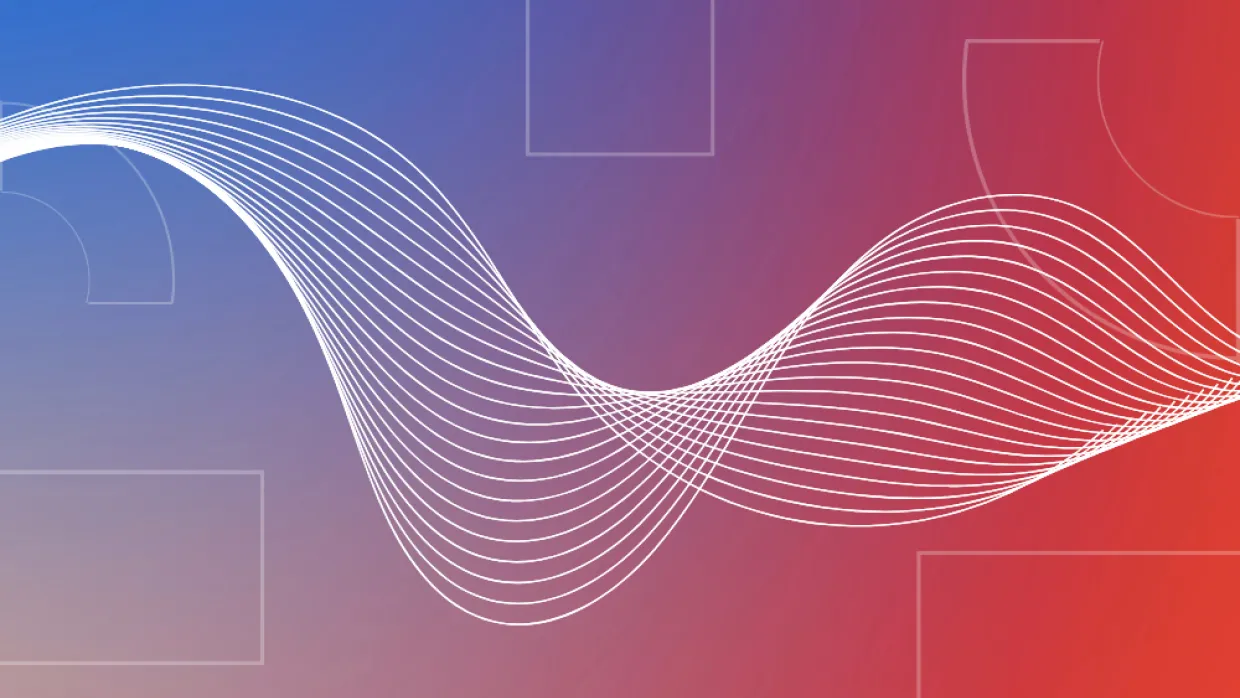Personalization
How Sitecore is riding the martech wave

A Sitecore leader on the seismic shift in tech procurement, the trend of personalization beyond sales, and the compounding power of small CX wins.
The “Marketing Technology Landscape,” a slide that has become a staple in CMO presentations, reveals a staggering increase in martech brands to 9,932 in 2022, marking an explosive 6,521% surge from 2011. But what’s behind this exponential growth?

According to Nathan Morris, Regional VP of Sitecore UK and Ireland, this stems from a shift in the software buying behavior of organizations away from big multiyear software contracts with a single player towards a more agile "proof of concept” approach that combines flexible and best-of-breed solutions from multiple providers. Hence the proliferation of startups in the martech space.
It’s also about speed of delivery. To keep up with rapidly evolving technologies and customer expectations in a highly competitive landscape, companies want results in weeks, not years. “Business leadership is no longer accepting arguments from their IT teams like ‘we can’t do that’ and ‘it will take six months’ and is forging ahead with procuring marketing automation tools that can give them the quick results they need.”
Speaking to George Smith, Regional Managing Director (EMEA) at Horizontal Digital, on the latest CX4CA podcast, Morris outlines how Sitecore has responded to changing technology needs and speaks about trends in personalization and what companies can do to stand out from the crowd online.
Subscribing to SaaS
With different organizations at different stages of their digital transformation journeys, a one-size-fits-all proposition won’t work. Morris explains how Sitecore, an industry-leading digital experience platform, has moved to a SaaS (Software as a Service) offering that can cater to the different needs of companies.
“A SaaS solution is a software delivery model that exists entirely in a cloud environment versus on-premises and allows end users to access software applications as long as they have an internet connection.” – Sitecore
He gives the example of how a company with an old monolithic commerce platform can quickly switch to Sitecore OrderCloud – a solution that powers e-commerce, order management, and marketplace solutions – without having to undergo a lengthy and expensive revamp of their existing site.
Many companies are also unsuccessfully dabbling in "next best decisioning" – the process of using customer data and analytics to determine the most appropriate action or recommendation to take in a given situation. “This is where Sitecore Personalize comes in, to deliver tailored experiences to every customer on any channel at scale,” says Morris.
Personalization is not just about selling
“Personalization was traditionally all about selling. Now there are lots of industries that aren’t allowed to sell or influence like the finance industry, so there’s a huge drive to leverage the power of personalization in other ways,” says Morris.
He gives the example of a bank having data on a customer who is struggling financially and being able to support them with the relevant content, or a multinational company using personalization to automatically switch its online communications to a user’s first language.
George Smith adds: “Personalization is about changing behaviors, it’s about helping people understand meaning so they can make better decisions. Yes, that can involve a “buy now” or “subscribe” button but ultimately competitive advantage rests on getting people to act in certain ways.”
Joining the dots
“People’s expectations around digital experience are shaped by the next best experience they encounter, even if it’s from a completely different industry, so the bar is constantly being raised,” says Morris.
He believes that it’s companies that do the basics well that will stand out. “Disruptors are often successful because they start with a blank sheet of paper. Big organizations can act like disruptors and turn heads by taking one of their priorities and doing it better, rather than going all in on a massive transformation project.”
Smith sums it up as: “You can’t be everything at once.” It’s this incremental approach to delivering value that Sitecore has pivoted its business model around. With SaaS, customers can focus on quick but impactful wins, that make a very real difference to customer experience, and all add up to giving a company the edge over its competitors.